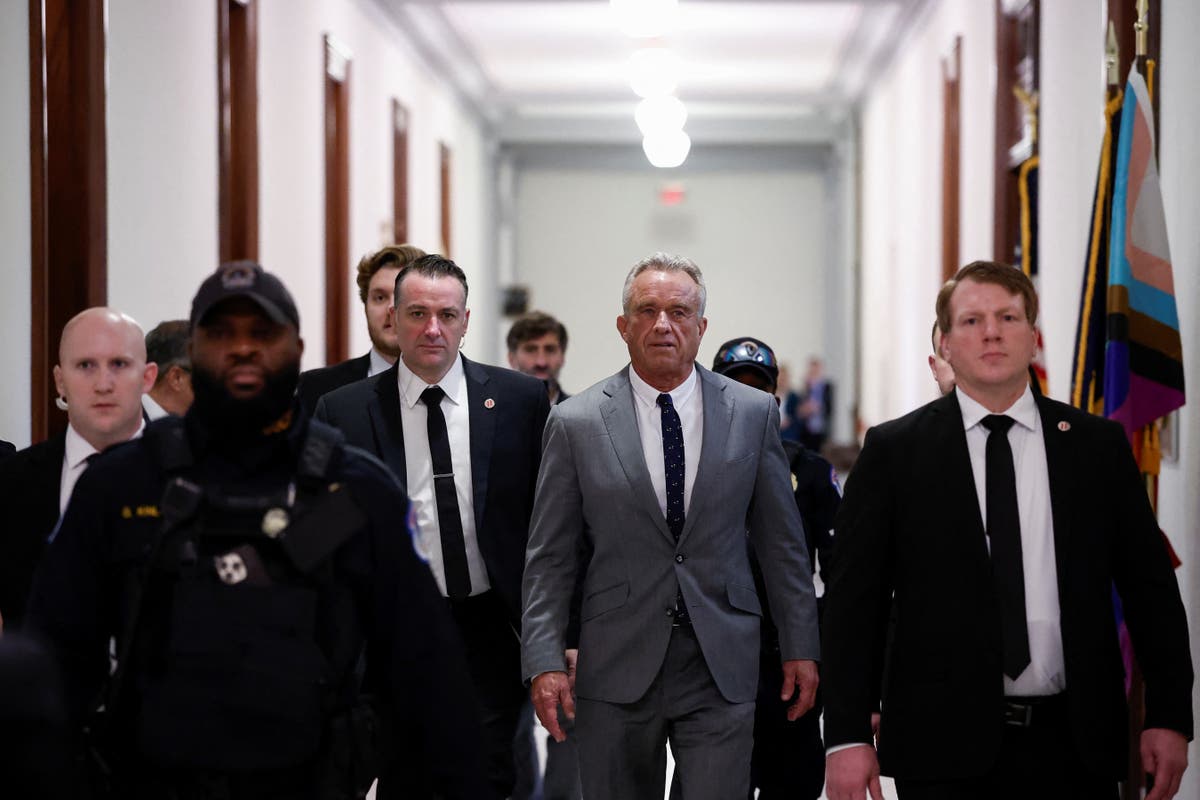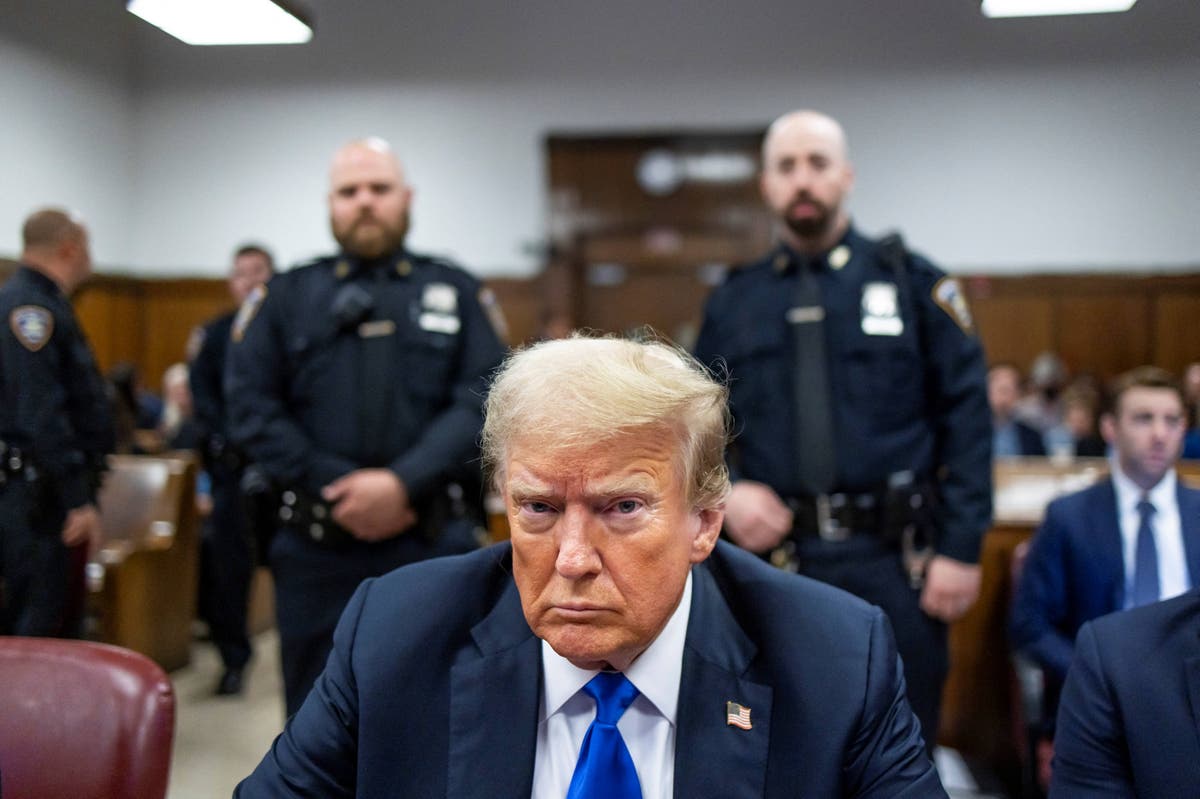Robert F. Kennedy Jr.'s nomination to lead the Department of Health and Human Services is encountering significant skepticism from senators, particularly due to his long-standing opposition to vaccines. His controversial views on vaccines, which he falsely links to autism, have garnered opposition from across the political spectrum. Senators are cautious, with many Republicans remaining silent on their stance.
Kennedy's confirmation prospects hinge on gaining support from moderate Republicans, despite facing criticism from Democrats. Senator Chris Murphy, a Connecticut Democrat, forcefully criticized Kennedy's views, arguing his stance could lead to preventable child deaths due to declining vaccination rates. Murphy cited the 2018 measles outbreak in Samoa as evidence, blaming Kennedy's activism for undermining public confidence in vaccines and resulting in numerous illnesses and deaths.
Murphy's tweet, where he directly accused Kennedy of potentially harming children, highlighted the stark division over the nominee. While Kennedy has denied any responsibility for the Samoa outbreak, his past actions have fueled the controversy.
Despite the opposition, there are some signs of potential support. Sources close to Democratic senators Bernie Sanders and John Fetterman suggest they may be open to granting Kennedy a hearing. Republican Senator Bill Cassidy, a physician, indicated a planned meeting with Kennedy, acknowledging agreement on some issues but strong disagreement on the vaccine issue.
The confirmation process remains uncertain, with Kennedy needing to garner significant Republican support to overcome the significant opposition from Democrats. The controversy underscores the deep divisions within the political landscape surrounding public health issues, particularly vaccines.







